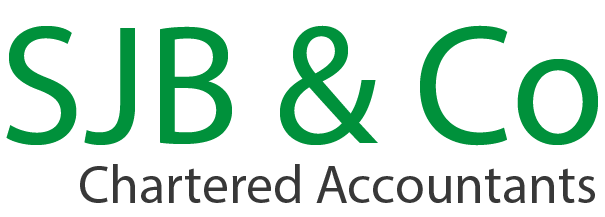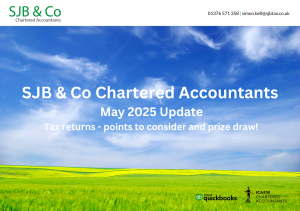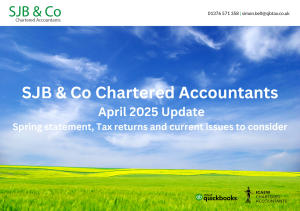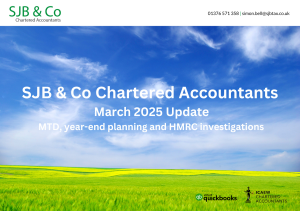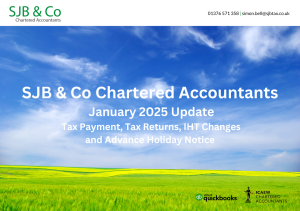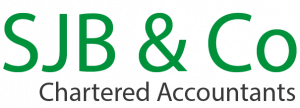With the economy gearing up, there has never been a more essential time to take a good look at your overheads and cost of sales. Then, add into the mix the rising cost of labour, materials and shipping, and this exercise to examine your cost base may be the difference between your business having a good year or going under in the next. This article will look at the 6 most common profit holes that many small businesses may have.
Pricing: Has it kept up with your costs?
It’s been a difficult year, I hear you say. Are you in your head thinking that your customers and clients can’t swallow an increase? Well, think again – this is often the small voice of doubt in our minds. If Starbucks and Costa Coffee can afford to still charge eye-watering amounts for a slice of cake and a coffee throughout the pandemic, then you can look at your pricing.
Often, the biggest profit hole we see with our clients is around a poor pricing strategy. Such as:
- Are your sales team discounting too much in order to make the sale? Particularly for wholesale or bulk orders?
- Have you kept your prices static whilst your costs have increased?
- Are your prices in line with your cost base now, rather than when you were a much smaller business. For example, if your prices have not changed since you ran your business from the kitchen table, then it’s time to relook at your pricing. (And yes, we can help you with this, if needed.)
Do you have a revolving door of employees?
Hiring new staff members is expensive; recruitment agency costs, training costs and senior management time spent hiring and training. Losing good employees is even more expensive – both in terms of opportunity cost and also the hit on morale when a good person leaves. If you do have an employee turnover problem, it’s time to take a good look at how to increase the levels of employee engagement in your business. Being very blunt here, you may look into the mirror to see how you personally may be part of the problem.
Software costs: Have you had a good look to see what you’re really using?
Those £15 a month per user type subscriptions really do add up over time. How many user licences are you still paying for but don’t actually need? How many of those pieces of software that you decided to try out are you actually using? If you used all the features of your core software, how many other licences or subscriptions could you ditch? You may find that a good look at your software stack could yield a large amount of ‘money down the back of the sofa’ each month.
Suppliers: Are they taking the proverbial?
We’ve seen this in our business too. It is where we’ve worked with a supplier for years. Both we and they have got comfortable and complacency sets in. This cosiness was hiding the fact that we were not getting the service we required. Even worse, the prices we were paying were now out of step with the marketplace. Inertia and a desire to avoid conflict were stopping us from having a ‘state of the nation type’ conversation with the supplier.
In our experience, the first place to look at is your spending with marketing suppliers. Then your telephone and internet suppliers. What are they really delivering? Do they need a shakeup? Our advice to you is, if this resonates with you, have that conversation!
Not using automation (particularly in your financial processes)
The cloud revolution which we keep harping on about has been a game-changer for not just accountants. The digital tools out there will help your business cut out so much physical paperwork and manual entry. For example, if you are a small cafe or pub you can now get great phone apps that will allow customers to place their orders from the table. Thus, improving the efficiency of your operation and waiting staff.
Using bank rules, email rules and other types of automation in conjunction with software such as Dext (the new name for Receipt Bank) can reduce the time it takes to do your books or manage staff expenses. Why not have a chat with us to see where using apps and cloud-based software can take the grind out of your financial processes and systems?
Doing it yourself
How long does it take you to do stuff which should be outsourced or done by others in your business? This ‘doing it yourself’, particularly when it comes to things like bookkeeping or VAT returns, is often a false economy. Your time is much more valuable delighting customers and clients and running your business than puzzling over whether you can or can not claim VAT on your company car expenditure or that coffee with a client.
Using the right people and suppliers to free you up to do what you’re best at is often a great way to generate more profit. It goes without saying that we are always happy to talk about whether we are a good home for your bookkeeping and other financial processes.
